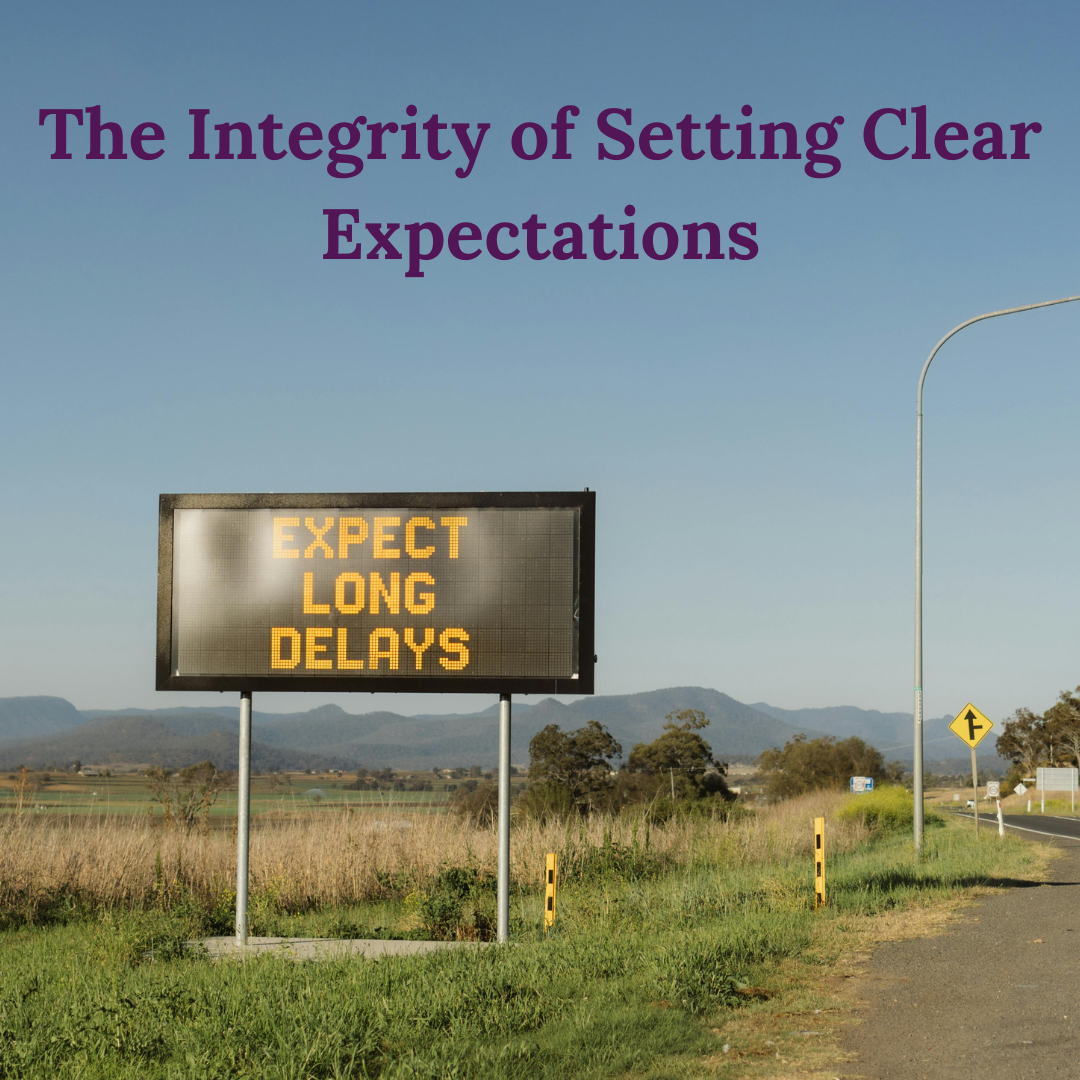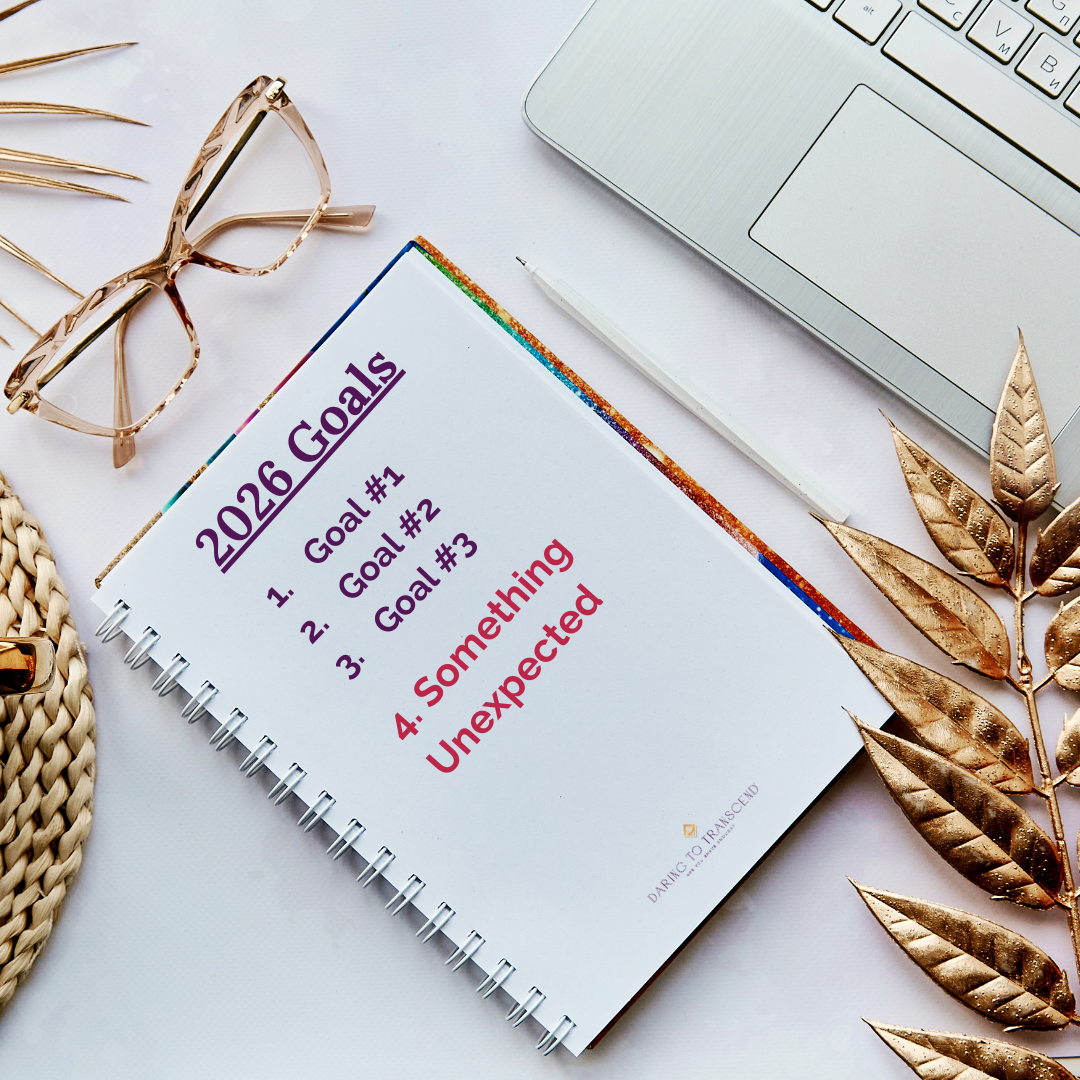You had a great idea. You sold the concept. You have a great team. You empowered them with a clear vision and targeted results. Everything was in place for a great win.
But when you see actually being produced, you’re dismayed. What went wrong? This isn’t what you expected. It won’t work the way you planned it. Oh no, the whole project is a failure!
Wait! Is it a really a failure?
I had this article half written when I attended an online presentation by Lisa Levy of Lcubed Consulting. She made an observation that summed up my thoughts in one sentence:
“Not getting the outcome you want does not equate to failure.”
Why do we have such a hard time with that concept? You set a goal; you do everything you can to achieve it; you don’t achieve it in the way you expected, therefore, you’ve failed. Right?
That’s what it feels like. That’s how it’s often treated in Corporate America. But is it TRUE?
Probably not.
Science is probably the best example of how unexpected and unplanned for results can create different opportunities. Here’s one funny example:
Angina Pectoris is a fancy name for chest pain—specifically, spasms in the heart’s coronary arteries. The pharmaceutical company Pfizer developed a pill named UK92480 to help constrict these arteries to relieve pain. The pill failed its primary purpose, but the secondary side effect was startling. The drug became known as Viagra, and you know what it does.1
Pretty astounding, isn’t it? The world of science and innovation is full of such stories. That’s what scientific experiments are all about.
So, why don’t we recognize the value of experimentation? Why do we immediately assume that not reaching the prescribed goal is failure?
I’m often guilty of that myself. I am quick to judge anything that is less than perfect as a failure. Take my first book, Ascending Ladders. Like most writers or artists, I had secret dreams and goals for my book. Did I think it would be a New York Times bestseller? No, I didn’t, but … you know. That’s what success look like, doesn’t it? So, my book wasn’t really a success, was it?
Yes, it’s ridiculous. I freely admit that. But how often do we do that: Take a terrific accomplishment and label it a failure because it doesn’t achieve the outcome that we wanted.
And most of us HATE to fail. So, if we judge everything that doesn’t have the outcome we want as a failure, pretty soon we’re pretty discouraged from trying anything new. And, as Ms. Levy pointed out so thoroughly in her presentation:
There’s nothing that stifles innovation and growth faster than the fear of failure.
Attachment to outcomes is another way that we try to control our lives and, often, other people’s lives. We’re quick to judge, punish, and condemn rather than understand, celebrate and forgive.
When I step out of my ego and tune into my Higher Self (or even my common sense), I find these questions helpful in reframing my view of success or failure:
- What was the VALUE of the outcome that was achieved?
- What did I learn?
- How did I help others learn?
- How did (or will) what I learned contribute to future successes?
In light of those questions, are there things in your life that you considered a failure that might not have been?
Letting go of outcomes offers an unexpected freedom and a multitude of opportunities.
Today, I challenge you to reframe your so-called failures … and to let go of your attachment to outcomes. Yes, set goals, make plans. Just be careful how your measure your success.
With love and light,

1Orf, D. 2013, June 27. Popular Mechanics online. https://www.popularmechanics.com/science/health/g1216/10-awesome-accidental-discoveries




0 Comments